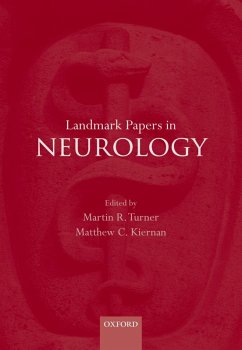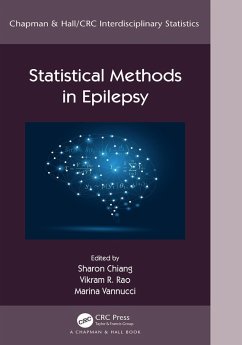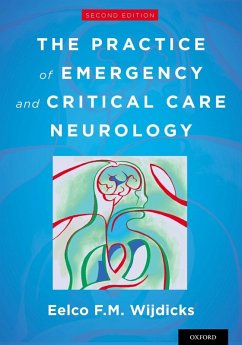
The End of Epilepsy? (eBook, ePUB)
A history of the modern era of epilepsy research 1860-2010
Versandkostenfrei!
Sofort per Download lieferbar
33,95 €
inkl. MwSt.
Weitere Ausgaben:

PAYBACK Punkte
17 °P sammeln!
Epilepsy is more than just a physical condition, the fact of simply having epileptic seizures, it has cultural, geographic and historical meaning and significance which go beyond that of a neurological disorder, and which defy a single perspective. The End of Epilepsy? is a beautifully illustrated, authoritative, and engaging history of medical developments during the modern era of epilepsy, which began with the introduction of Bromides and Hughlings-Jacksons definition of epilepsy in 1860. This thought-provoking book comprehensively covers the definitions of and the attitudes to epilepsy over...
Epilepsy is more than just a physical condition, the fact of simply having epileptic seizures, it has cultural, geographic and historical meaning and significance which go beyond that of a neurological disorder, and which defy a single perspective. The End of Epilepsy? is a beautifully illustrated, authoritative, and engaging history of medical developments during the modern era of epilepsy, which began with the introduction of Bromides and Hughlings-Jacksons definition of epilepsy in 1860. This thought-provoking book comprehensively covers the definitions of and the attitudes to epilepsy over the past 150 years, and describes the bureaucracies surrounding the condition. It explores the technological advances, and the different management techniques, with antiepileptic drugs and surgery, which have been applied to epilepsy up to the present day. After presenting an overview both of the advances and improvements made, and also of the dark side which has cast shadows over medical and social progress, the authors then critically examine on-going research into new treatments for epilepsy, and provide an insight into the complex underpinnings of scientific and medical practice. They look forward to a time when the condition will no longer be, as Temkin put it, a paradigm of the suffering of both body and soul in disease.
Dieser Download kann aus rechtlichen Gründen nur mit Rechnungsadresse in A, B, BG, CY, CZ, D, DK, EW, E, FIN, F, GR, HR, H, IRL, I, LT, L, LR, M, NL, PL, P, R, S, SLO, SK ausgeliefert werden.













